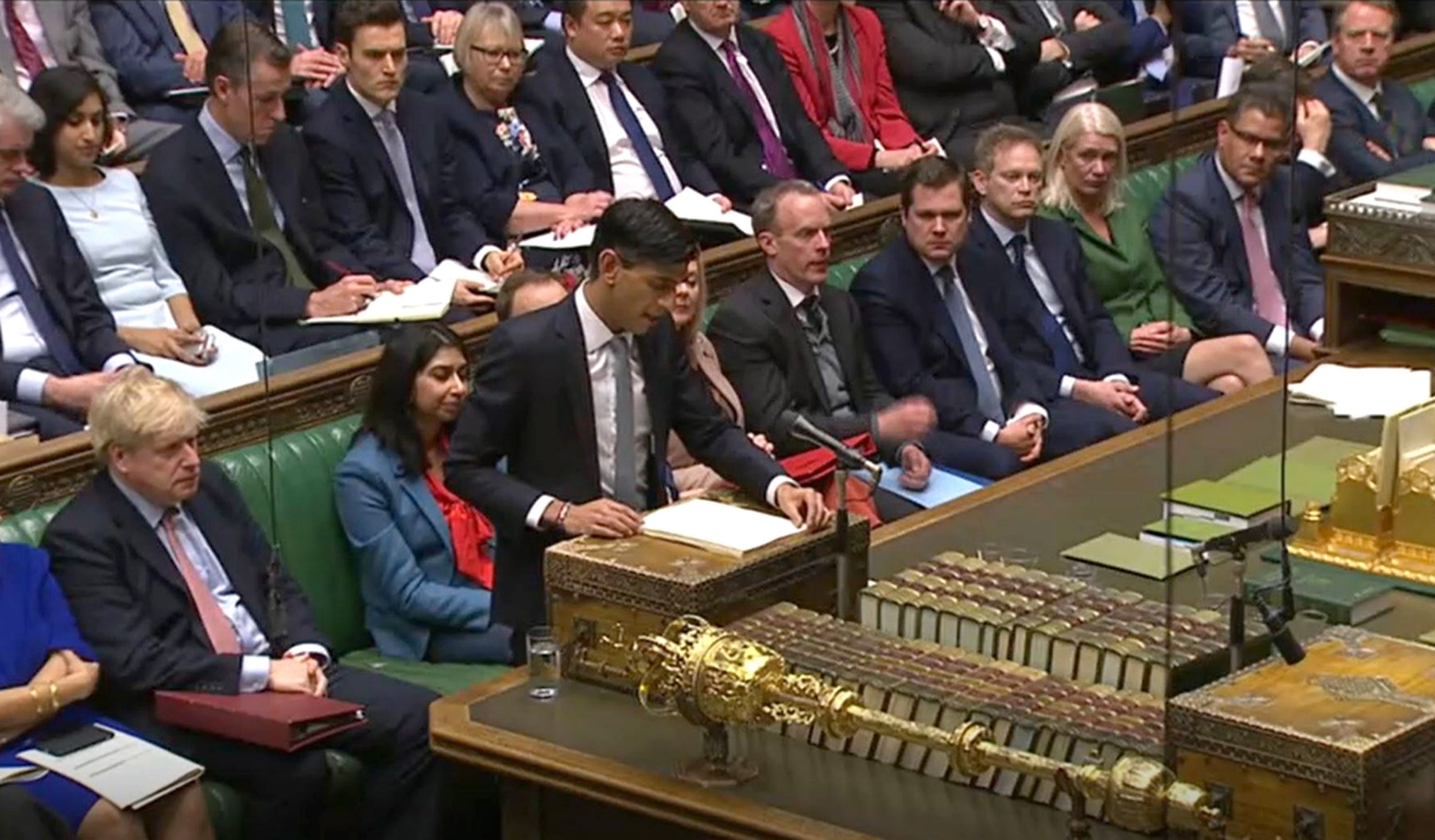Coronavirus is changing everyone’s workplace – including parliament
Journalists can still hold politicians to account, even if we have to work remotely, writes John Rentoul


There were fewer people around in parliament this week, although the Budget went ahead as usual – the day after it was reported that Nadine Dorries, a health minister, had tested positive for the coronavirus.
In many ways, the Palace of Westminster was like many large office buildings all over the country. Hand sanitisers were installed; some of the journalists’ offices were cleaned more thoroughly than usual – although that may have been more about the mice than the virus.
There was a lot of discussion about working from home. A lot of reporting of parliament is possible remotely, because all its proceedings, including committees, are streamed on the internet.
It is interesting to be in the press gallery for the big parliamentary occasions, such as the Budget, to gauge the atmosphere and to watch how MPs all over the chamber react. But if journalists are trying to analyse the Budget as it is delivered, it is easier to do that on a computer, which could be anywhere outside the chamber. The Budget documents are all online and accessible from anywhere.
The big advantage of reporting from parliament is the chance to speak to ministers, MPs and officials in person. Some of the most valuable opportunities for journalists are the chance encounters in the corridors and lobbies. Those are still happening, with a bit less handshaking.
But most journalism was always done on the phone: in the old days by talking, these days by texting and WhatsApp. That will carry on even if parliament shuts down completely.
So far, the government’s scientific advice is to keep parliament open, but on Friday the house authorities announced minor restrictions on visitors. I suspect that if parts of parliament are closed, it will be the House of Lords first. The average age of peers is 70, and they seem understandably more nervous about the pandemic than most MPs.
At the moment, people are still allowed into the public gallery of the House of Commons to watch our legislators at work, and we journalists are still in the press gallery. But we could hold our representatives to account just as well online, so we could end up with parliament carrying out its business without spectators, like a football match played behind closed doors in an empty stadium.
Yours,
John Rentoul
Chief political commentator
Join our commenting forum
Join thought-provoking conversations, follow other Independent readers and see their replies
Comments